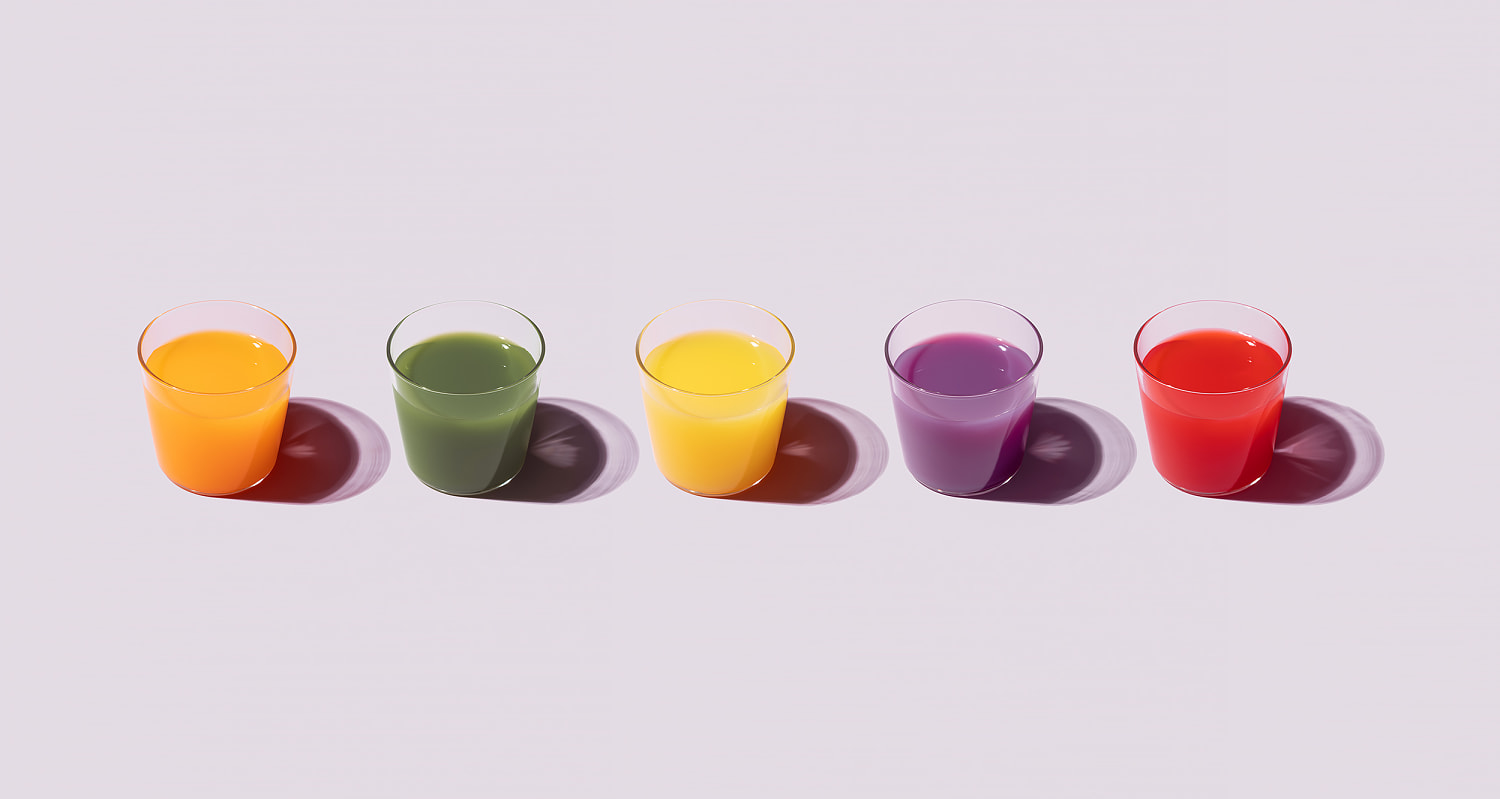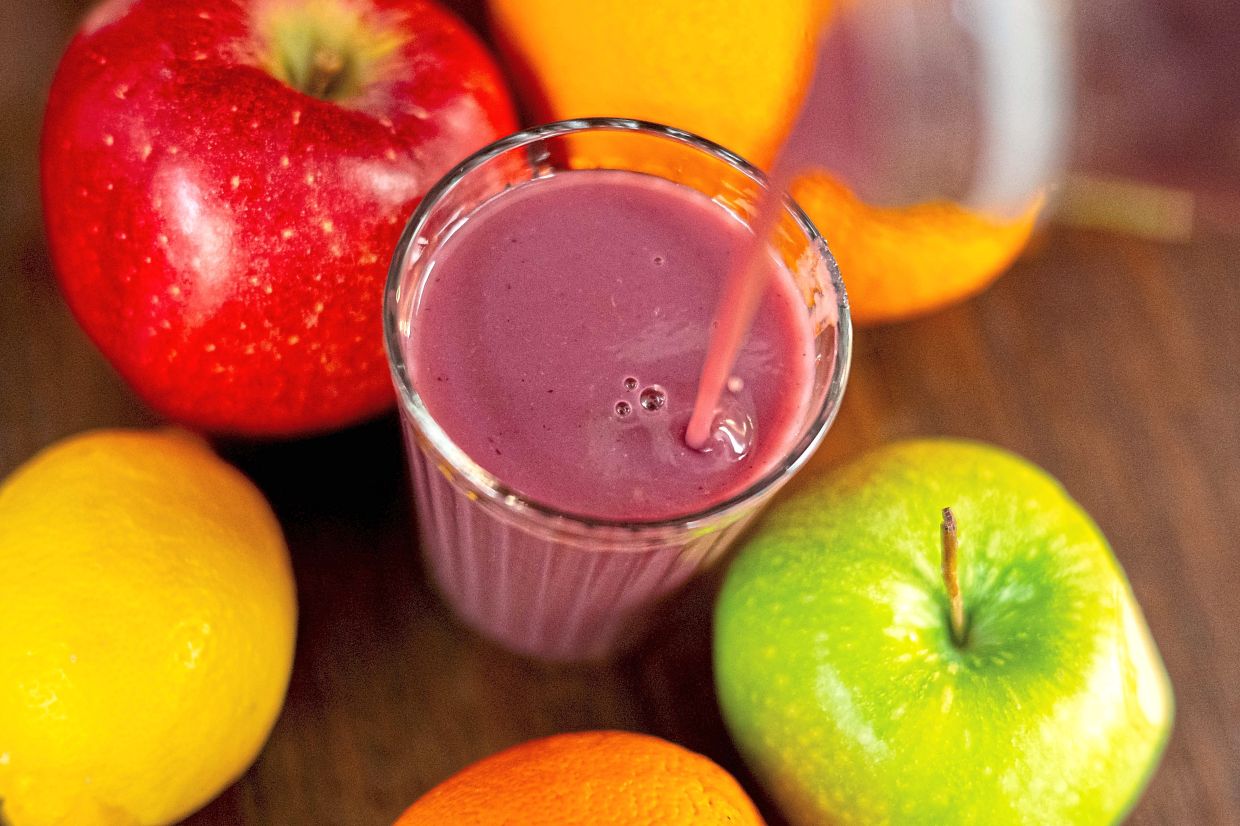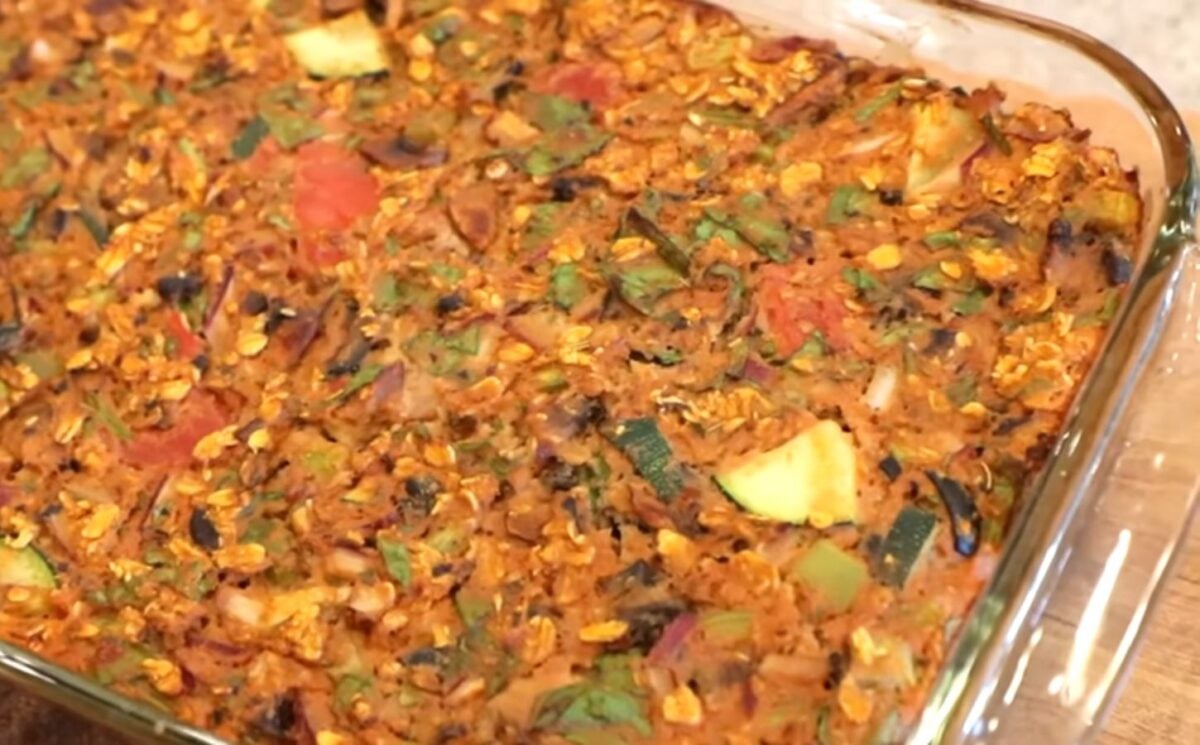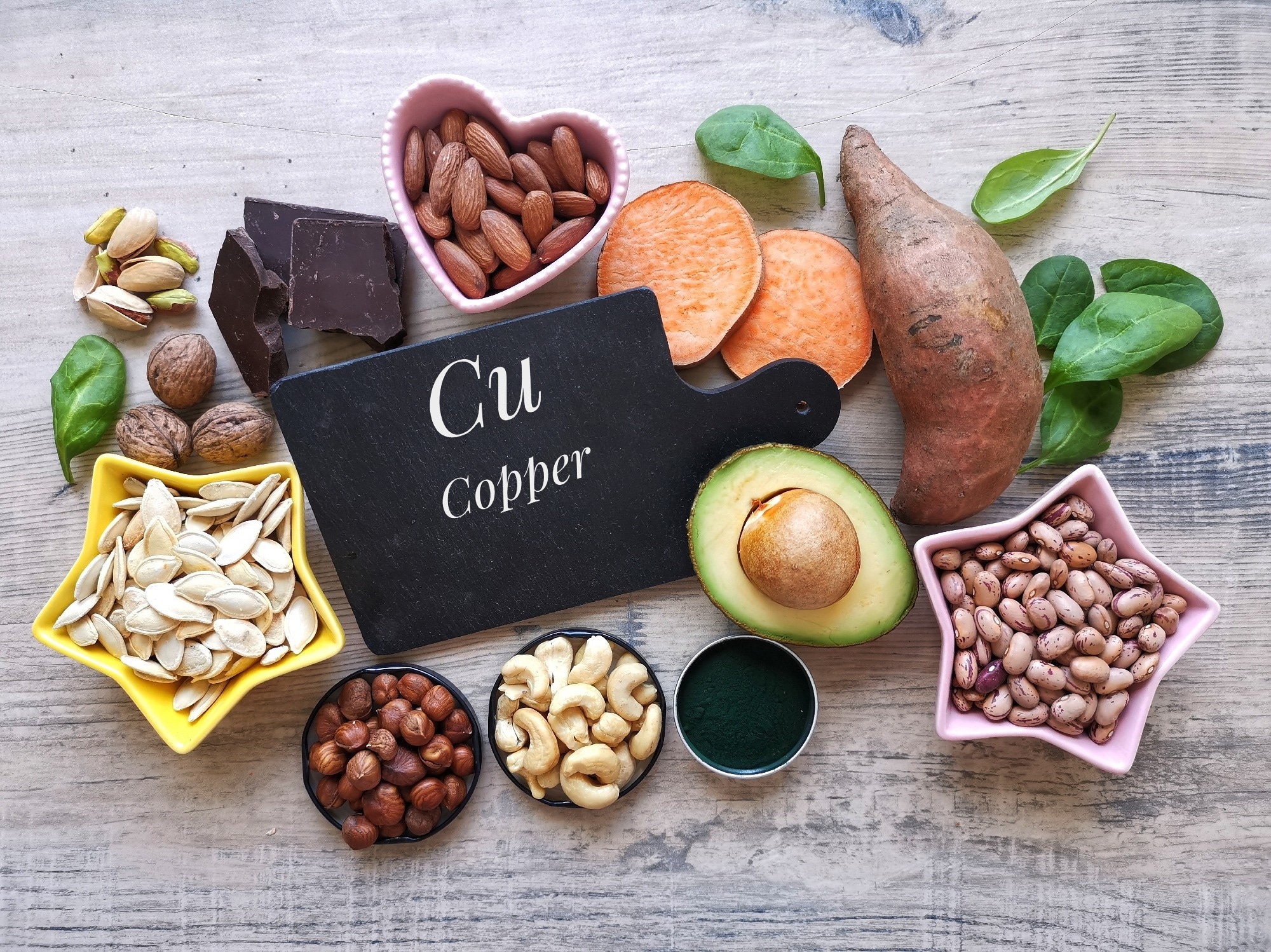Summary
Is fruit juice a good way to give kids the nutrients they need … or is it full of sugar they should avoid? Experts weigh in on the best choices for kids.
Source: Today

AI News Q&A (Free Content)
Q1: What is the recommended daily intake of fruit juice for children according to health experts?
A1: The American Academy of Pediatrics recommends limiting fruit juice intake to no more than 4 to 6 ounces per day for children aged 1 to 6 years. For infants under 12 months, fruit juice is not recommended as it provides no nutritional benefit. Instead, water and milk are considered the healthiest options for children over one year old.
Q2: How does 100% fruit juice compare to other beverages for kids in terms of nutritional value?
A2: 100% fruit juice is essentially the liquid extracted from fruits without added colors, preservatives, or sugar, making it a better choice compared to sugar-sweetened beverages. However, moderation is key, as excessive consumption can lead to high sugar intake. Whole fruits are a healthier alternative as they contain fiber and other nutrients.
Q3: What are some health benefits of including prune juice in a child's diet?
A3: Prune juice is beneficial for children as it is a good source of potassium, supporting nerve, muscle, and heart function, and fiber, which aids in maintaining digestive health. It is particularly effective in preventing and relieving constipation naturally.
Q4: What advancements have been made in measuring the sucrose content of fruit juice for better health management?
A4: Recent advancements include the development of a low-cost refractometer using CMOS sensors, allowing for precise measurement of sucrose concentration in fruit juice. This tool, suitable for personal health management, improves upon existing options by offering better stability and accuracy, thus aiding in optimizing juice for better health.
Q5: What are the key factors dietitians recommend looking for in fruit juice for kids?
A5: Dietitians recommend choosing 100% fruit juice without added sugar or sweeteners. It's important to look for juices that provide under-consumed nutrients, support hydration, and help with common childhood issues like constipation. Homemade juices or those with minimal processing are often preferred.
Q6: What role does juice play in a child's balanced diet, according to nutrition guidelines?
A6: Juice can be part of a child's balanced diet when consumed in moderation. It should not replace whole fruits or other nutritious beverages like milk and water. Juice can supply essential vitamins and minerals, but whole fruits offer additional fiber and nutrients crucial for growth and development.
Q7: What new drink recommendations have been issued for children and teenagers to ensure optimal nutrition?
A7: Leading health organizations recommend that children and teenagers primarily consume plain water, plain pasteurized milk, and limited amounts of 100% fruit and vegetable juice. They advise limiting plant-based milk alternatives and flavored milks, while avoiding sugar-sweetened beverages and those with non-sugar sweeteners or caffeine.






